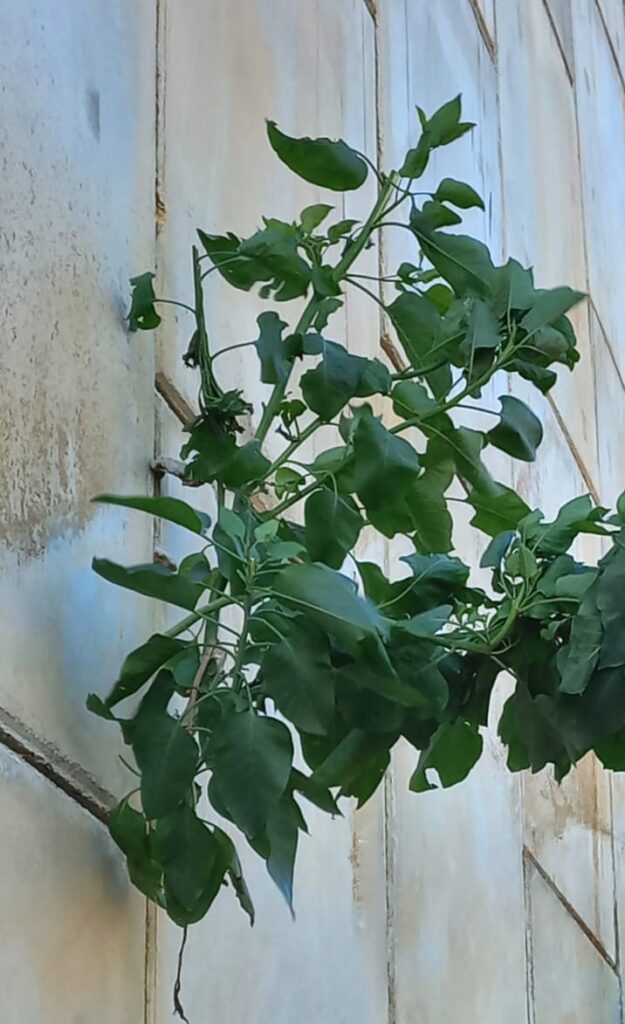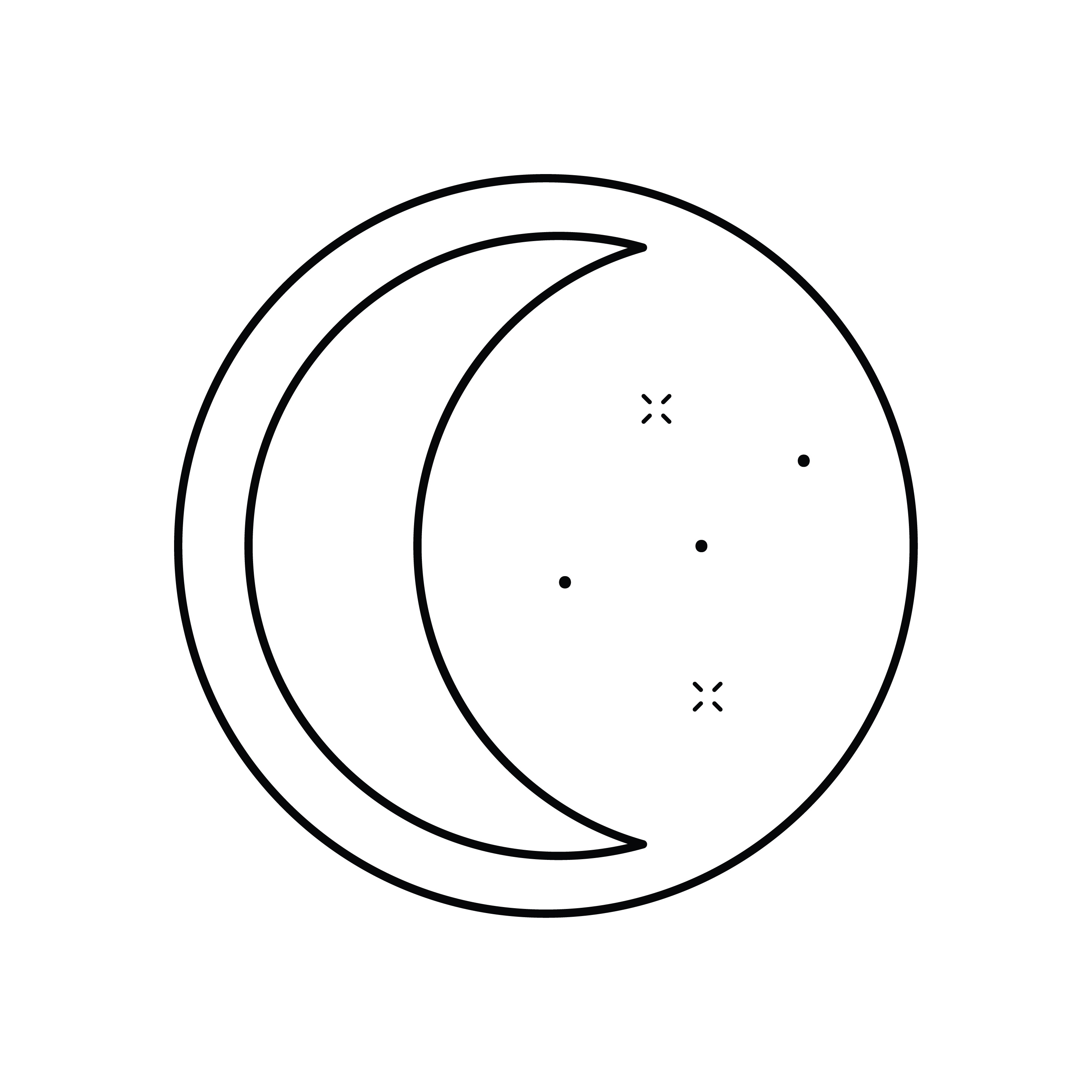
Original post from April 24, 2021
When we intensely love the biosphere and the other beings that share it, and perceive the magnitude and complexity of the threat it’s under, the obvious question is, “So what do we do?!”
I’ve already written about this, of course, but it also makes sense that the question arises again. And again. I personally ask it repeatedly – in two ways. First, because a true and satisfactory answer takes time to be absorbed into our consciousness. I’ve also received and then forgotten guidance, and returned to look for it again. Integrating the answer is a process, because it is so different from what we’re usually taught. Any approach to planning or action that can really provide an response to today’s enormous need can not rest on the same assumptions and habits that have brought us where we are. Purely logical analysis, understanding, and planning is not what is required of us here. That alone will only lead to more of the same. We are called upon to be born.
In his book, The More Beautiful World Our Hearts Know Is Possible, right after listing his three steps for creating change (which I shared in the Feb. 27 blog post, “Starting to create change”), Charles Eisenstein continues, ” We might say that the primary “technology” of the Age of Reunion is service.” I would add that another “technology” is listening. When we listen and hear faithfully, with an open heart and a sincere desire, to both the call of the world and the call of our hearts, we will know what to serve. When we devote ourselves to the service of the vision we have received, we create the enormous echoes and forces that summon the miracles and magic we need. (The chapter is here. Considerable parts of the book deal with the same question.)
There is no other way, no shortcut, and certainly no universal recipe. That’s why we forget and have to ask again and again. We have to get used to conducting ourselves according to a completely new paradigm.
The second way in which I ask this question again and again is that we must always be attentive to the present. What the world and our hearts desire is not static. It is not possible to determine a correct course of action once and for all. Listening must be alive and alert, as must devotion. Over time, we learn to feel when the energy fades and something new wants to be born through us. We must learn to be quiet, to open our heart and our will, to ask for clarity, to listen with all our senses, and, finally, to hear.
The question and answer always refer to here and now, exactly where we are. This does not mean that right actions need be on a personal level only. Some of us will hear the call to act in the public arena to create systemic change, some will hear a call to a practical physical project, some will hear a call to private or inner work, some will hear a call to reach out for support for themselves in the human world. We never know, but we should expect that the calls we receive will be different at different times, according to changing circumstances both of our hearts and of the world.
This is not a rational search, but neither is it an escape from giving an answer to the burning question. It’s just that the answer is not what we were expecting; it does not match our assumptions. The answer is that what we need to do most is to develop the ability to listen and respond. This is a real and distinct skill. Recognition of and devotion to the current, living call wash over us in waves of grace, gratitude, and joy that persist and enliven us as long as we are following that call, a following which itself is interwoven with repeated and renewed listening and devotion.
Sometimes we don’t hear anything. When this happens, it’s usually best to keep listening quietly, to heal our wounded sources of resistance, and to come back and ask for direction again, from the Goddess, or the Wisdom of the Biosphere, or Whoever we work with. Here again is Pat McCabe’s very short, inspirational clip. There is humility in this, which is also part of the needed change.
Of course, while cultivating our ability to listen, we need to continue to live as benevolently as possible and to learn new things – both because one of them might turn out to be what calls us and also as a demonstration of intent. Because the main point is not a specific thing we need to do; it’s the asking, listening, and serving that guides it.
